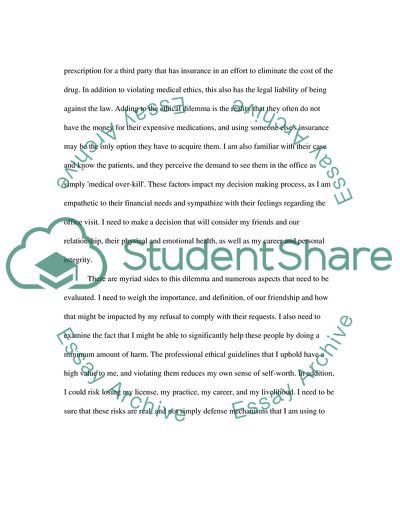Cite this document
(The Ethical Dilemma: Making the Moral Decision Coursework - 1, n.d.)
The Ethical Dilemma: Making the Moral Decision Coursework - 1. https://studentshare.org/ethics/1724632-ethical-dilemma-assignment
The Ethical Dilemma: Making the Moral Decision Coursework - 1. https://studentshare.org/ethics/1724632-ethical-dilemma-assignment
(The Ethical Dilemma: Making the Moral Decision Coursework - 1)
The Ethical Dilemma: Making the Moral Decision Coursework - 1. https://studentshare.org/ethics/1724632-ethical-dilemma-assignment.
The Ethical Dilemma: Making the Moral Decision Coursework - 1. https://studentshare.org/ethics/1724632-ethical-dilemma-assignment.
“The Ethical Dilemma: Making the Moral Decision Coursework - 1”. https://studentshare.org/ethics/1724632-ethical-dilemma-assignment.


